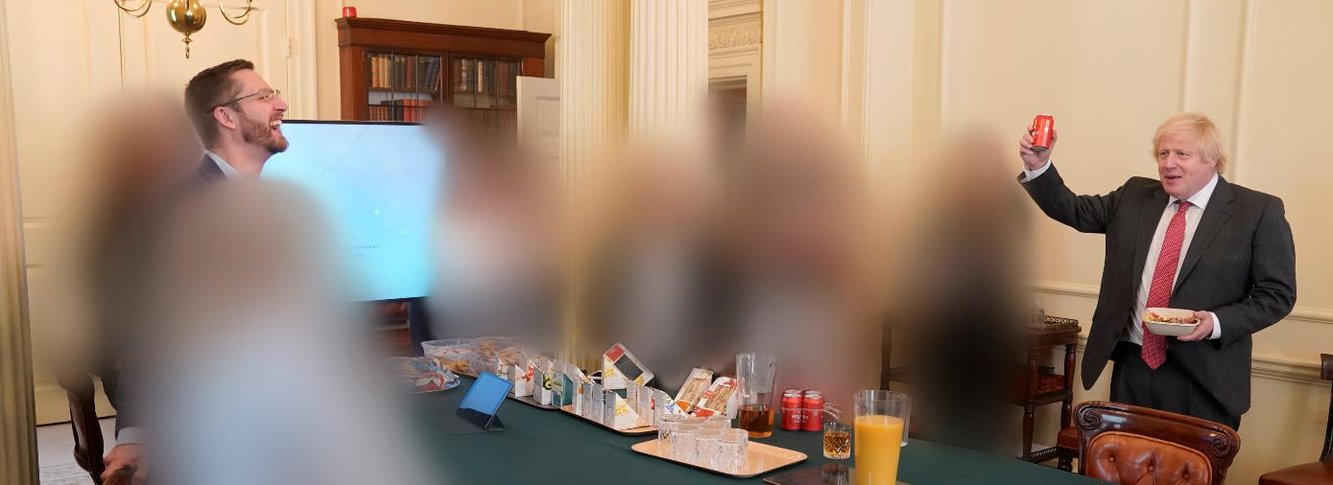| 1 min read
In dramatic and unprecedented circumstances, a former British Prime Minister has been investigated by the House of Commons Privileges Committee for breaking laws set by his own government by socialising and partying whilst the rest of the country toiled during the Covid lockdowns. The lockdown laws were clear, saying we ‘must stay at home, protect the NHS, and save lives’. Socialising of any kind was outlawed, with high fines imposed. Yet, for Boris Johnson, it was unclear whether such restrictions applied to his administration. After the submission of evidence from witnesses in Number Ten and testimony from the defendant himself, a ground-breaking verdict that will reverberate around Westminster and the Conservative Party for months and years to come was delivered—namely, that Boris Johnson knowingly misled Parliament on multiple occasions about the social activities and that he should be held in contempt of Parliament. The fallout of this verdict will cause division within the Conservative Party and will remind voters of a lengthy period most would rather forget. This article reviews the circumstances of the committee proceedings, the evidence presented, the outcome and how this impacts negatively upon trust in politics which, prior to these proceedings, was already at a low point.
Need help using Wiley? Click here for help using Wiley








